I have made an test table in sql with the following information schema as shown:
Now I extract this information using the python script the code of which is as shown:
import pandas as pd
import mysql.connector
db = mysql.connector.connect(host="localhost", user="root", passwd="abcdef")
pointer = db.cursor()
pointer.execute("use holdings")
x = "Select * FROM orders where tradingsymbol like 'TATACHEM'"
pointer.execute(x)
rows = pointer.fetchall()
rows = pd.DataFrame(rows)
stock = rows[1]
The production table contains 200 unique trading symbols and has the schema similar to the test table.
My doubt is that for the following statement:
x = "Select * FROM orders where tradingsymbol like 'TATACHEM'"
I will have to replace value of tradingsymbols 200 times which is ineffective.
Is there an effective way to do this?

